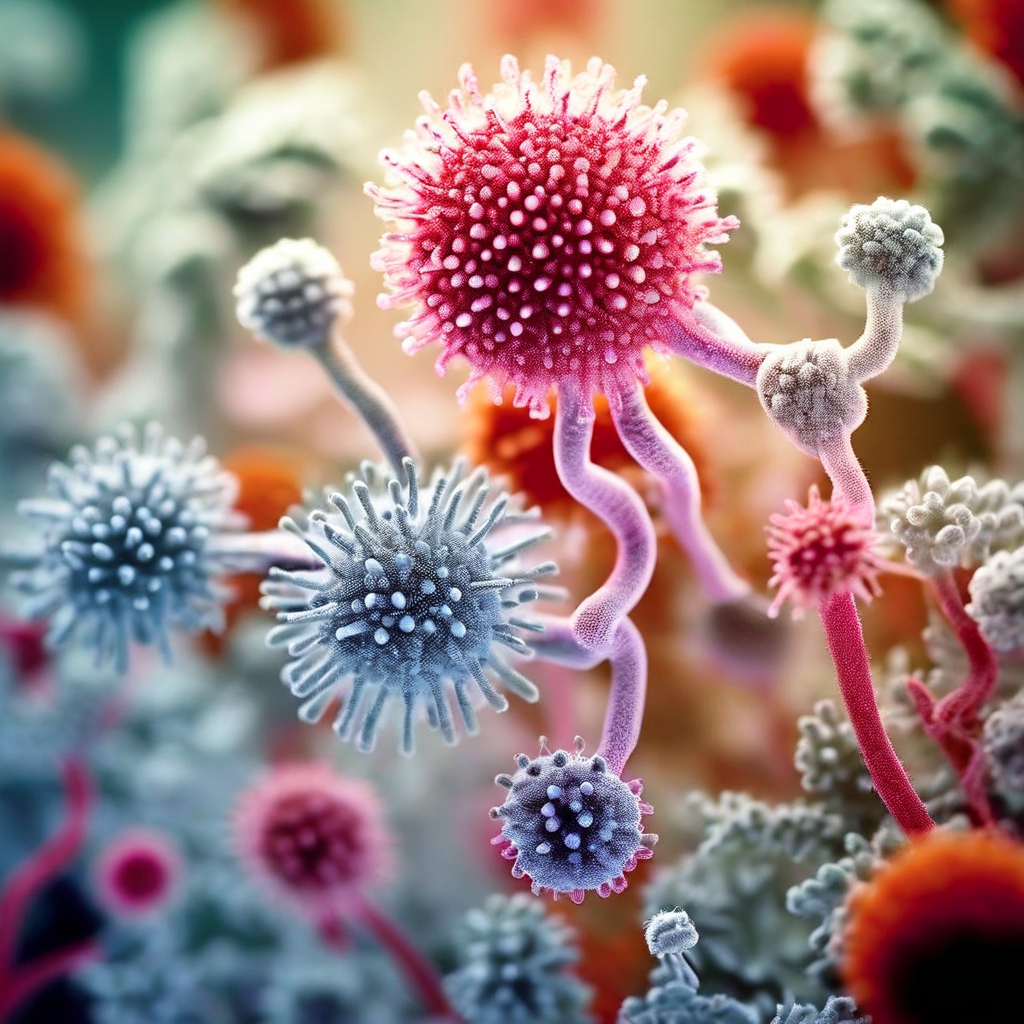A Guide for Expectant Mothers
Introduction
Pregnancy is a transformative journey that brings with it numerous physiological changes, including significant changes in the gut microbiome. Understanding these changes and optimizing gut health can have profound effects on maternal and fetal well-being. This article reviews the latest research on the maternal gut microbiome during pregnancy and provides practical tips for maintaining a healthy gut.
The Importance of the Gut Microbiome During Pregnancy
The gut microbiome, a complex community of microorganisms residing in the digestive tract, plays a crucial role in overall health. During pregnancy, the composition of the gut microbiome changes significantly, influenced by hormonal, metabolic and immunological changes. These changes are critical for supporting fetal development and preparing the maternal body for birth.
Key changes in the gut microbiome
1. Increased diversity: As pregnancy progresses, the diversity of gut bacteria increases, including beneficial strains such as Akkermansia and Bifidobacterium[3][4].
2. Hormonal influence: Hormones such as estrogen and progesterone influence intestinal function and promote the growth of specific bacterial populations that support energy storage and the metabolic adaptations necessary for pregnancy[3][5].
3. Immunomodulation: The maternal immune system is modified to protect the fetus, which also affects the gut microbiome. Increased levels of anti-inflammatory bacteria help maintain a balanced immune response[5][7].
gut health and pregnancy outcomes
Maintaining a healthy gut microbiome during pregnancy is associated with several positive outcomes:
- Reduced risk of gestational diabetes: A balanced gut microbiome can help regulate blood sugar levels and reduce the risk of gestational diabetes[4][10].
- Lower incidence of preeclampsia: Healthy gut bacteria support vascular health and may reduce the risk of preeclampsia[4][10].
- Optimal fetal growth: A well-functioning gut microbiome supports nutrient absorption and thus optimal growth and development of the fetus[3][7]. A healthy gut is the prerequisite for optimal absorption of nutrients, whether from our food or multivitamins.
Nutritional strategies for a healthy gut
Diet plays a crucial role in shaping the gut microbiome. Here are some nutritional strategies to promote gut health during pregnancy:
1. Increase your fiber intake
High-fiber foods like fruits, vegetables, whole grains and legumes are essential for maintaining a healthy gut. They act as prebiotics, feeding beneficial bacteria and promoting their growth.
2. Include probiotics
Probiotic-rich foods like yogurt, kefir, sauerkraut, and kimchi can help maintain a balanced gut microbiome. Probiotics introduce beneficial bacteria that support gut health and boost the immune system.
3. Limit processed foods
Processed foods high in sugar and unhealthy fats can disrupt the balance of the gut microbiome. Choose whole, unprocessed foods to support a healthy gut environment.
4. Don't forget to drink fluids
Staying hydrated is crucial for maintaining gut health. Water aids in digestion and absorption of nutrients and supports the overall function of the digestive system.
Lifestyle tips for gut health
In addition to a change in diet, certain lifestyle habits can also support a healthy gut microbiome during pregnancy:
1. Regular physical activity
Regular, moderate exercise can positively impact the gut microbiome. Activities such as walking, swimming, and prenatal yoga are excellent options for expectant mothers.
2. Stress management
Chronic stress can negatively impact gut health. Practice stress-reducing techniques such as deep breathing, meditation and mindfulness to maintain a healthy gut environment.
3. Get enough sleep
Getting enough sleep is important for overall health, including gut health. Aim for 7-9 hours of quality sleep each night to support your body's needs during pregnancy.
References:
1. Ghosh, TS, Shanahan, F. & O'Toole, PW The gut microbiome as a modulator of healthy aging. Nat Rev Gastroenterol Hepatol 19 , 565–584 (2022). https://doi.org/10.1038/s41575-022-00605-x
7. Ghosh, TS, Shanahan, F. & O'Toole, PW Toward an improved definition of a healthy microbiome for healthy aging. Nat Aging 2 , 1054–1069 (2022). https://doi.org/10.1038/s43587-022-00306-9


